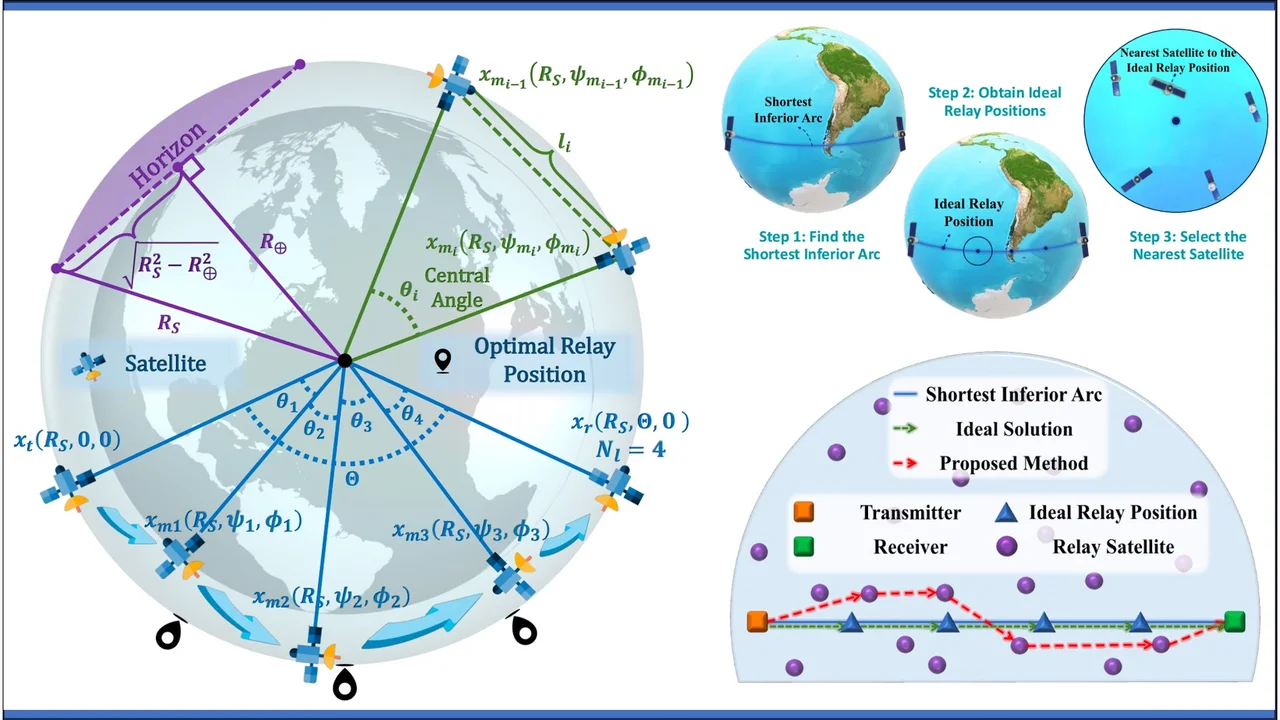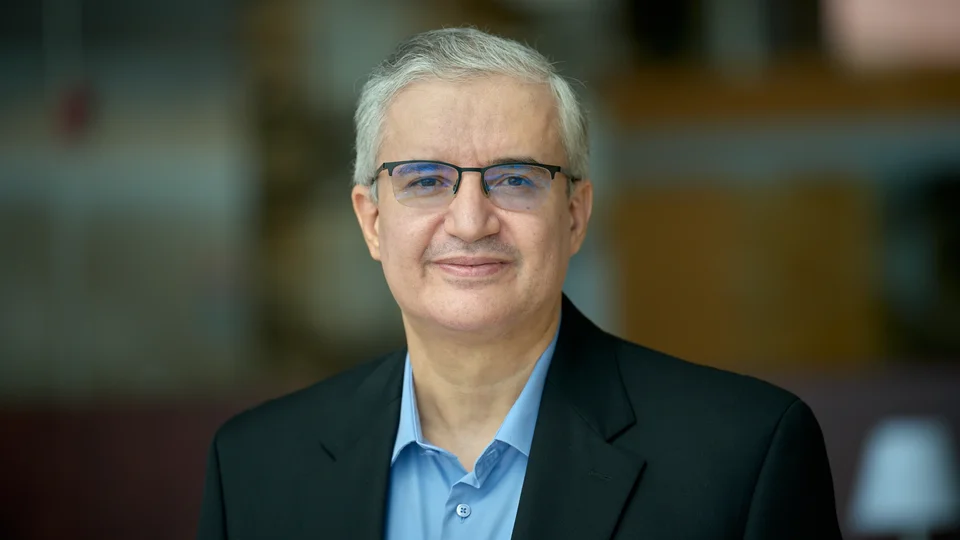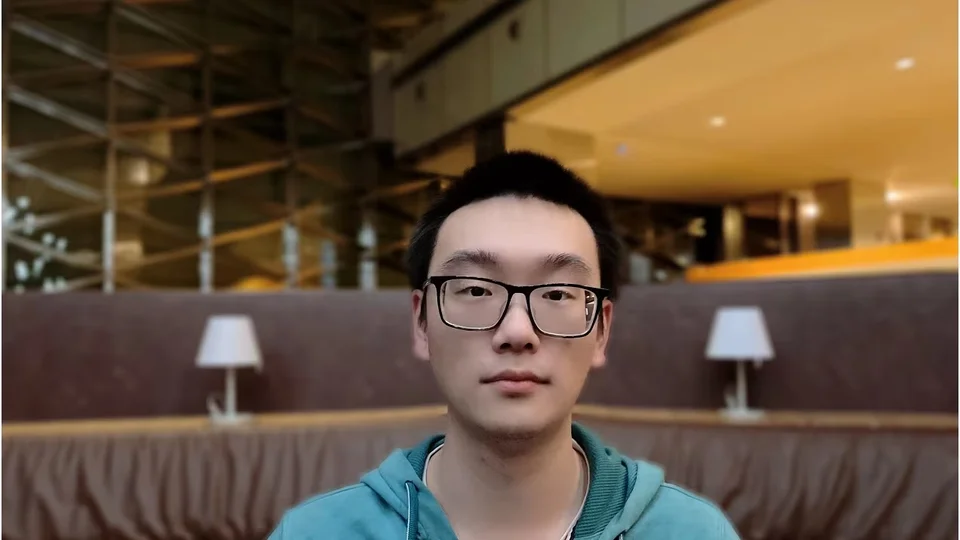
Towards ultra reliable low latency routing in LEO satellite constellations
About
KAUST PhD candidate Ruibo Wang has been recognized for his innovative work in low earth orbit (LEO) satellite communication with a first-place prize in the contest on 6G and NTN: Challenges and Solutions at IEEE Future Networks . This award at this leading international forum acknowledges that this work in enhancing the efficiency and reliability of satellite communications and contributing significantly to sustainable technological advancements. More specifically, the work done in collaboration with Professors Mustafa A. Kishk and Mohamed-Slim Alouini, presents an innovative approach to optimizing routing in LEO satellite constellations, focusing on enhancing reliability and reducing latency - critical factors in today’s high-speed, global communication needs.
This study is notable for its innovative optimization problem formulation, which simultaneously enhances reliability and minimizes latency in LEO satellite routing. It features analytical expressions for satellite availability, coverage probability, and latency within a comprehensive stochastic geometry framework. A key aspect is the proposed routing strategy, demonstrating significant advancements over current methods and offering promising prospects for revolutionizing long-distance satellite communication.
The research team’s work paves the way for more efficient and reliable satellite communication, a cornerstone for global connectivity in an increasingly digital world. The recognition received at the distinguished IEEE Future Networks conference further cements KAUST's reputation as a beacon of excellence in science and technology research, illuminating the path to a more connected and sustainable world.
The journal version of this work was accepted in the special issue "Space communications new frontiers: From near earth to deep space" of the IEEE Journal of Selected Areas in Communications and is available at:


